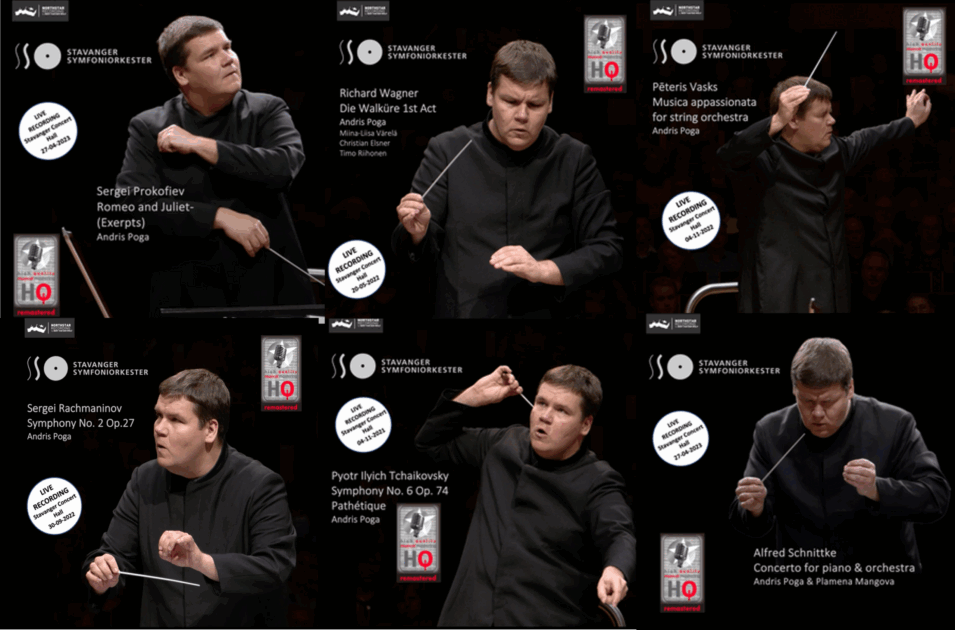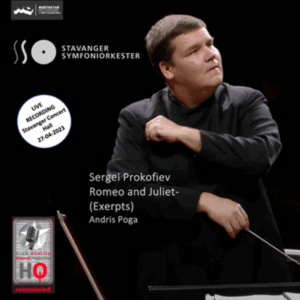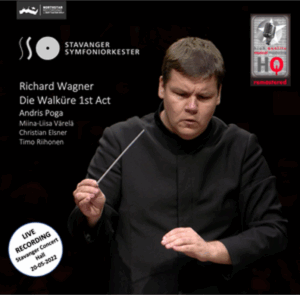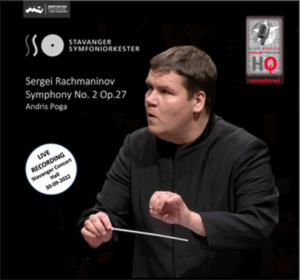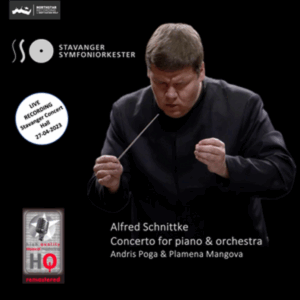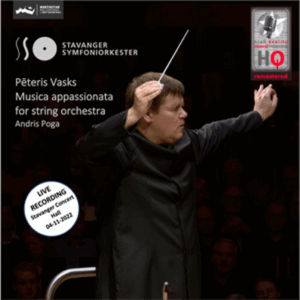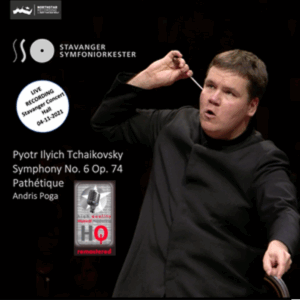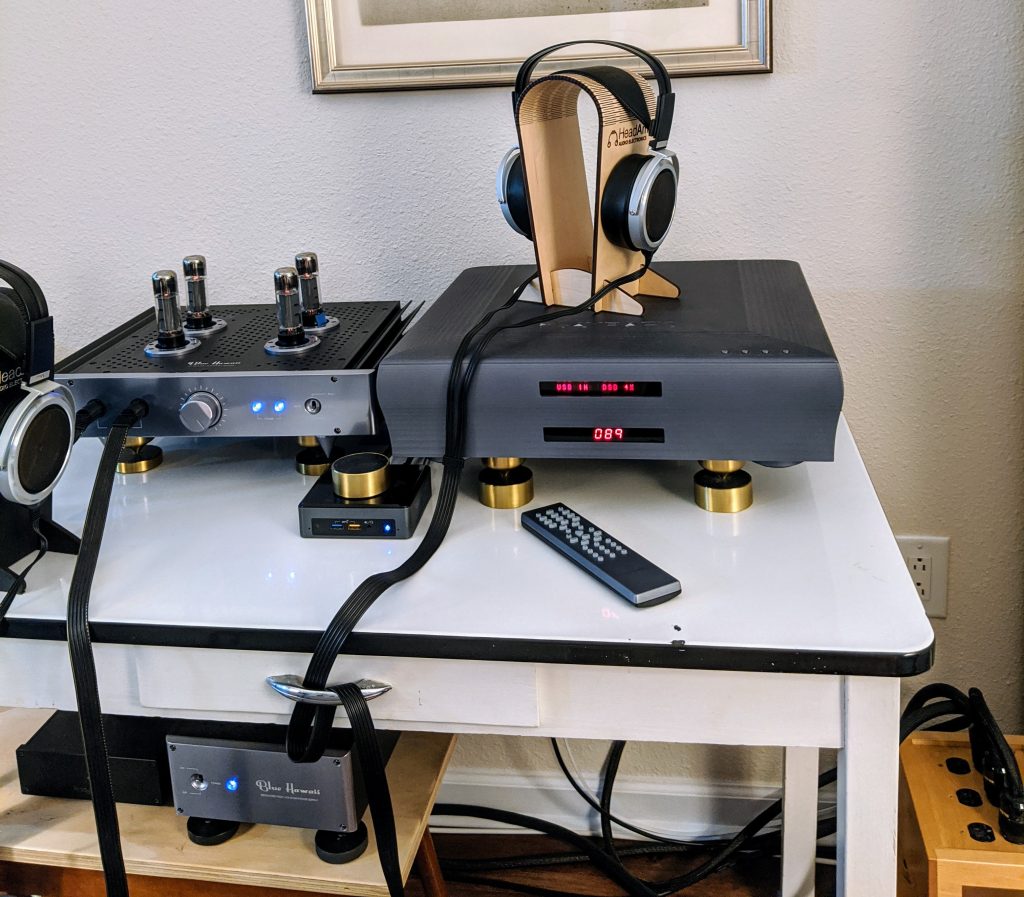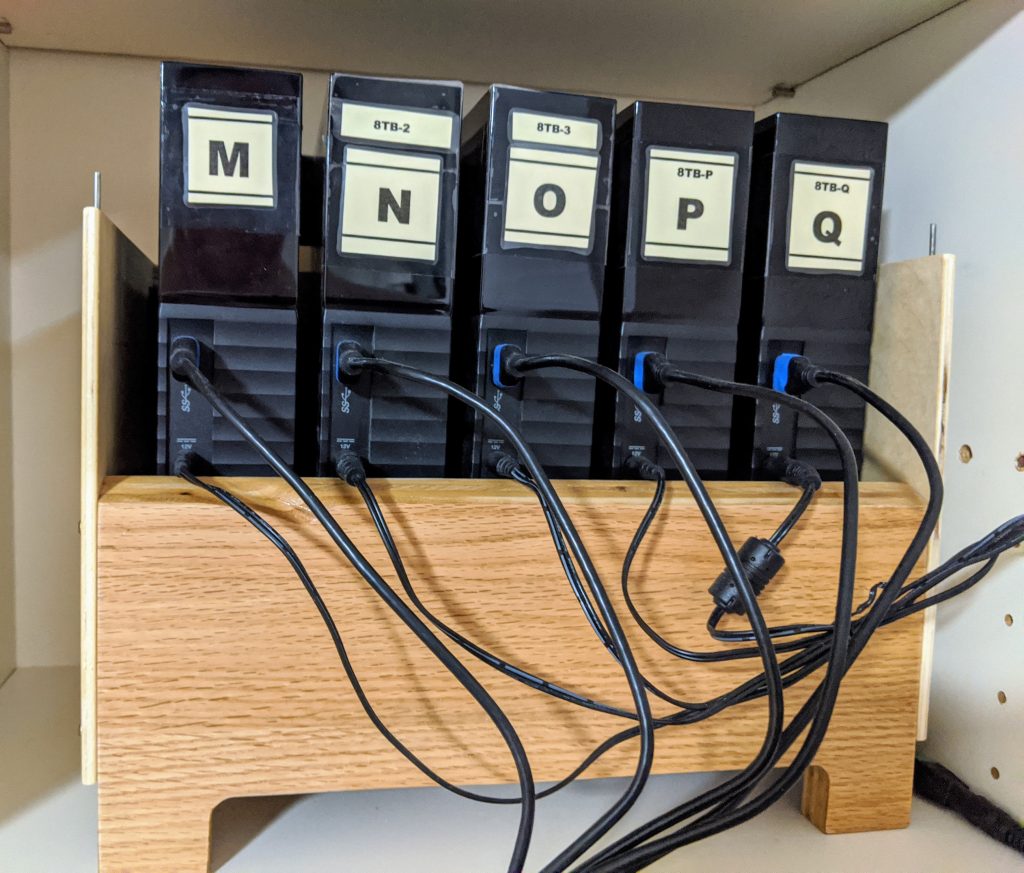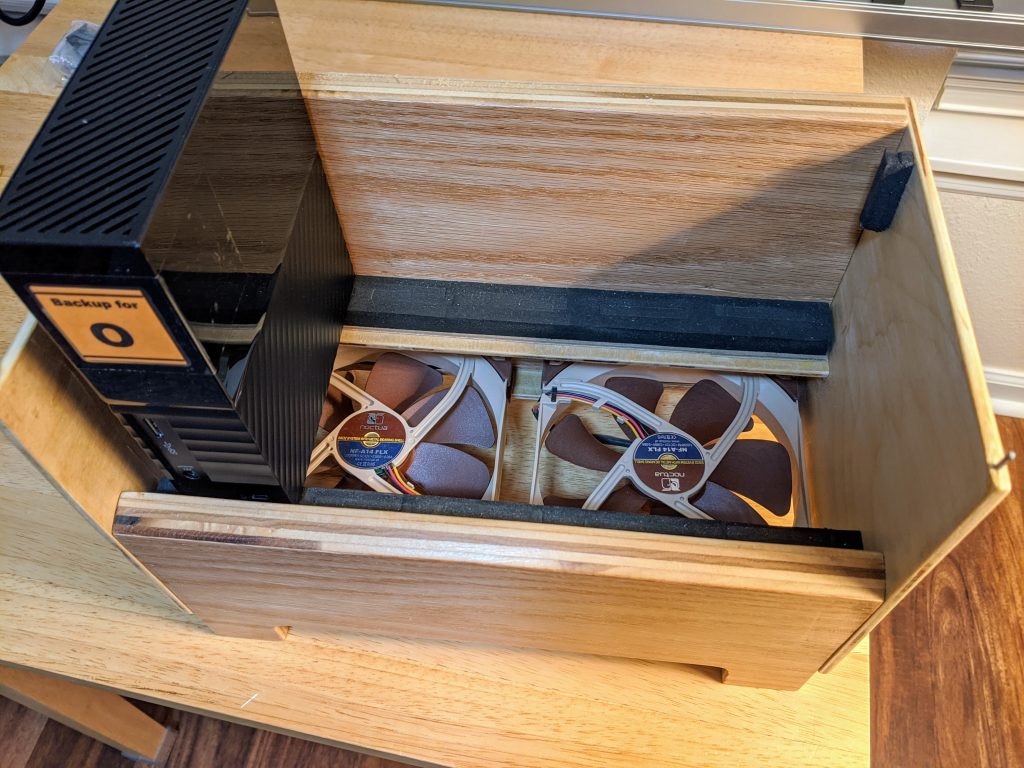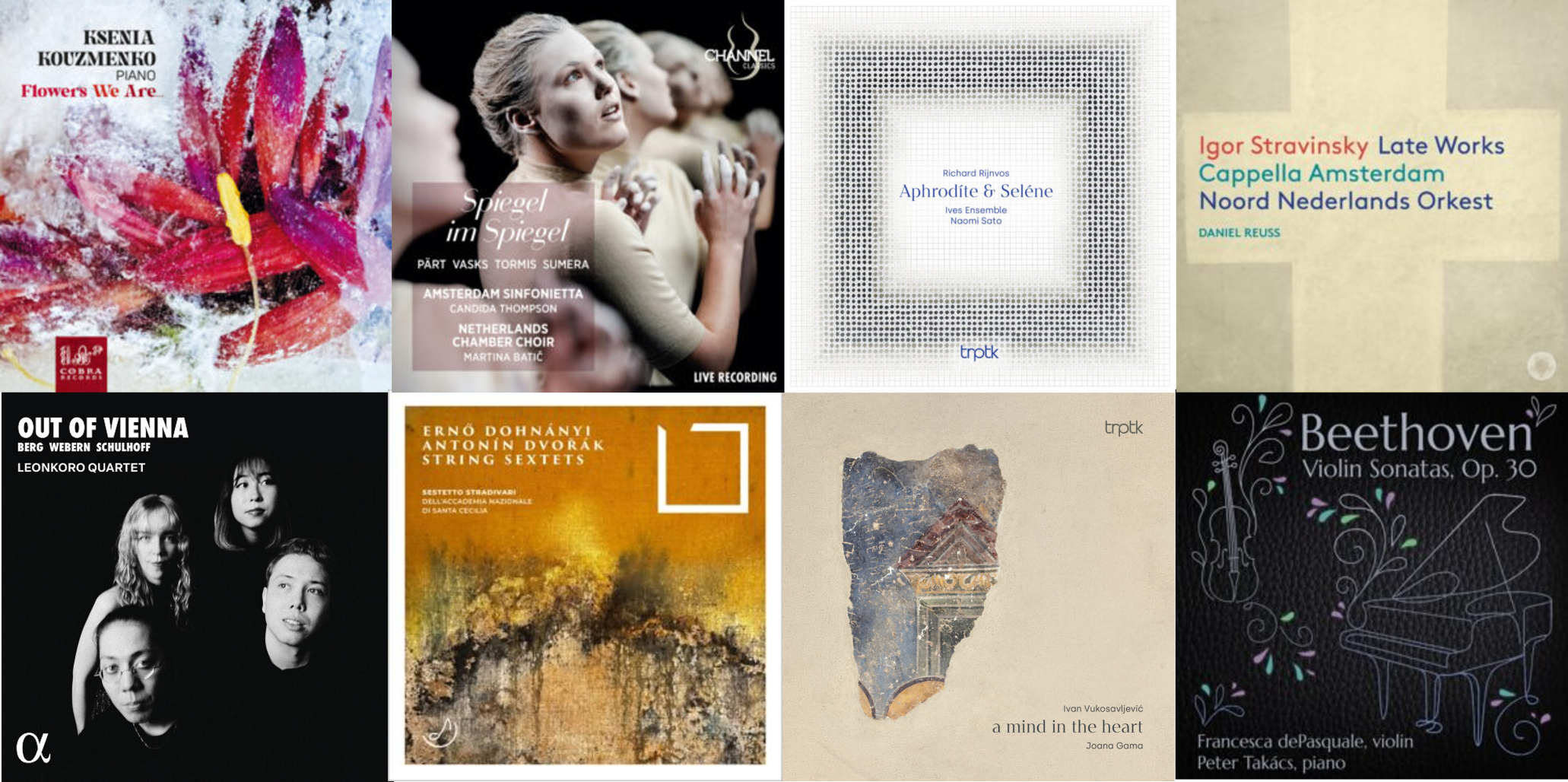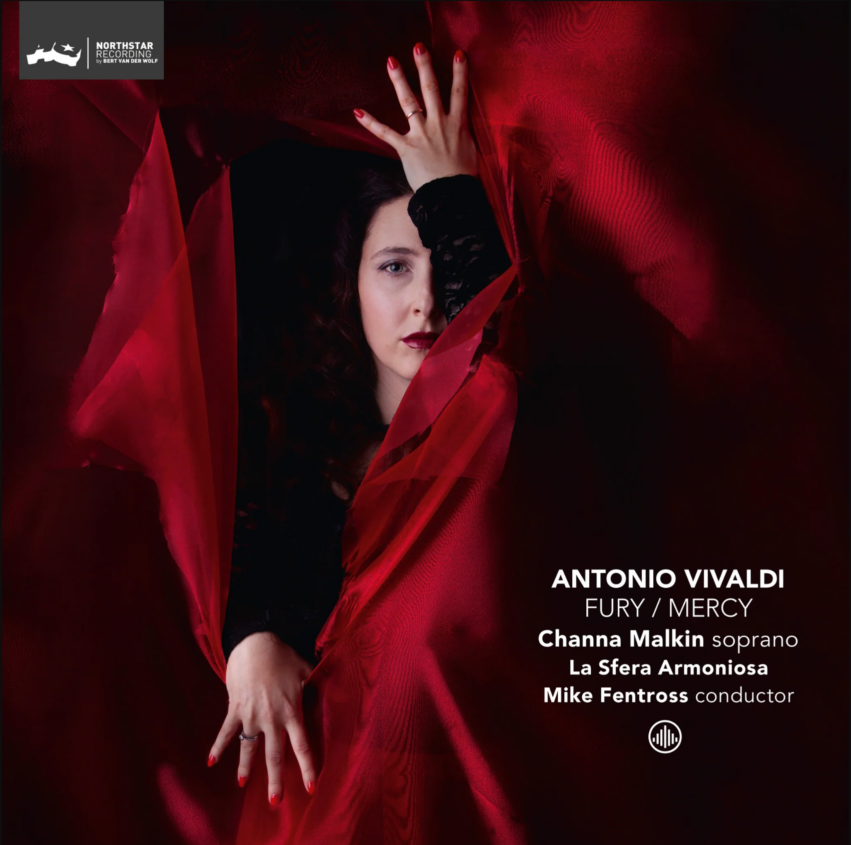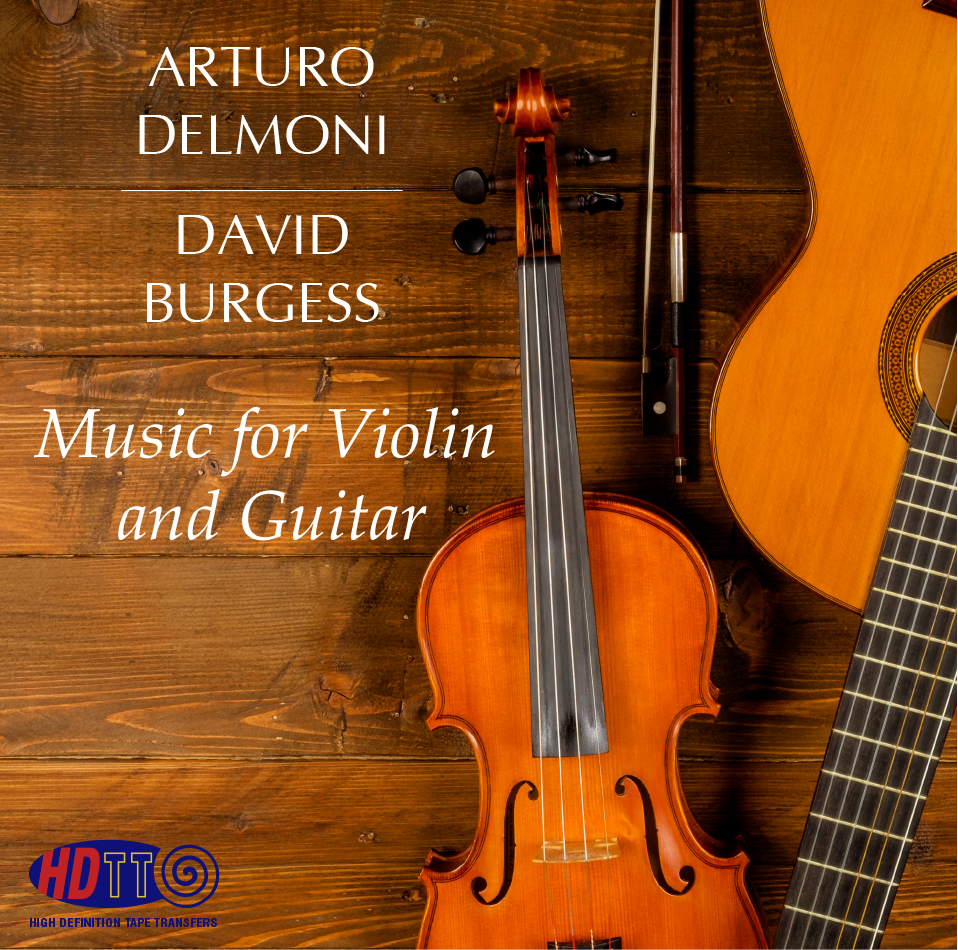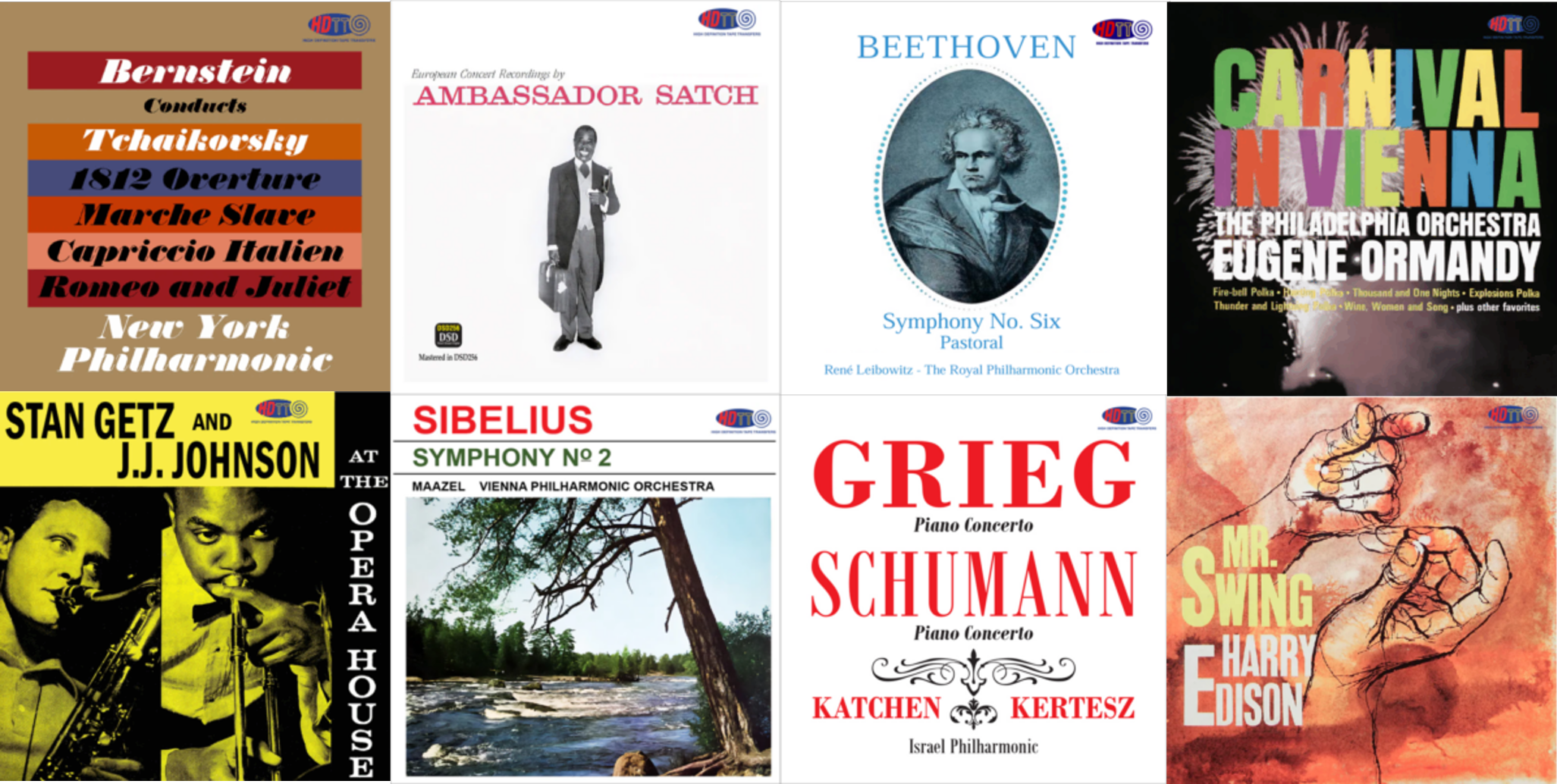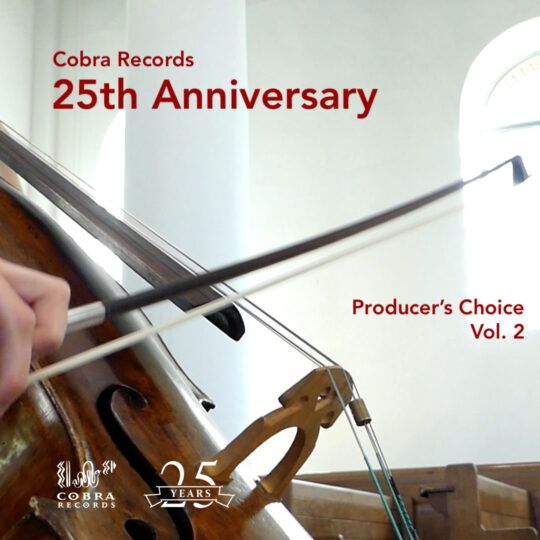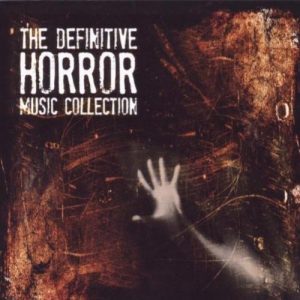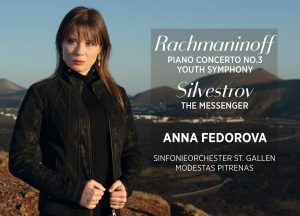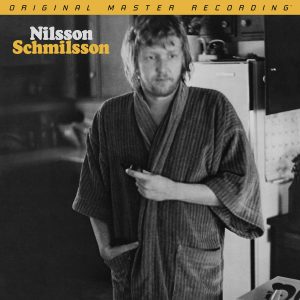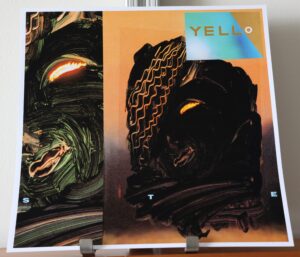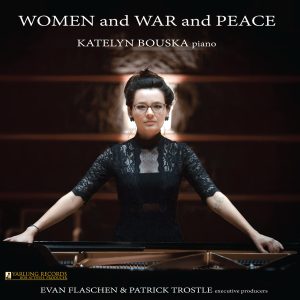As you know by now, I enjoy the recordings produced by Bert van der Wolf-Oude Avenhuis. So, when I saw that he'd released a series of live performance recordings with the Stavanger Symphony Orchestra and conductor Andris Poga, I just had to get them all for a listen. These live recordings are part of a series of television productions made in 2023 for the streaming services of Takt-1 and the Norwegian broadcasting company NRK.
The audio recordings were made in full 5.1 surround sound and assembled from takes in both the initial rehearsals and the live performances in the Stavanger Concert hall. The original recording resolution was at 48k due to on-location studio limitations that Bert could not overcome, but he has mastered them in DXD and is releasing them in both stereo and 5.1 surround in 44.1kHz, 96kHz, and DSD64. Bert said he believes the DSD64 files give the best presentation of the edit masters, so that is the resolution in which I am listening.
Since all were recorded in the same hall with the same studio setup, the sound quality is consistent across them all. In a word: excellent. They all have that special Bert van der Wolf signature of natural, balanced sound, with excellent resolution of inner detail, good capture of both deep bass (which I was not expecting of this project) and extended highs. And a very nice presentation of the orchestral soundstage.
The original recording resolution (48kHz/24-bit) does limit my ultimate enthusiasm because I don't hear the same aural density and resolution that I hear in Bert's other recordings, and that ultimate transparency of his other recordings is not quite present (e.g., the large orchestral drum, when used as in the Pathétique, is more of just a "thump" than usual). But "it is what it is" given the contractual limitations placed on the project.
None of this undermines my overall enthusiasm for these releases, and the exceptionally good performances by Andris Poga and the Stavanger Symphony Orchestra. I am enjoying the DSD64 stereo releases immensely, and I suspect the multi-channel iterations are great. In total, we have six albums released from the series, and I'll strive to give you a summary of each below.
Prokofiev Romeo and Juliet Exerpts, Stavanger Symphony Orchestra, Andris Poga. SSO | Northstar Recordings 2025 (DSD64 Stereo MCh) HERE
I wanted to applaud with the audience at the end of these very nice performances. They are well-beyond serviceable, and are quite nice. Andris Poga and his Stavanger players perform with excellent ensemble, full rich sound, and attention to nuance. The power of the opening "Montagues and Capulets" is as fierce as one might hope, and the closing "Romeo at Juliet's Tomb (Juliet's Grave)" is as sweet and mournful as I have heard in any recording. The orchestra responds with satisfying agility to the needed shifts in tone, mood and texture across the various scenes. I was quite impressed.
All in all, a very enjoyable performance and recording.
Wagner, Die Walküre Act 1, Stavanger Symphony Orchestra, Andris Poga, with Miina-Liisa Värelä (Sieglinde), Christian Elsner (Siegmund), Timo Riihonen (Hunding). SSO | Northstar Recordings 2025 (DSD64 Stereo MCh) HERE
Act I of Richard Wagner's very famous opera Die Walküre is regularly performed and recorded independently of the remainder of the opera. It's one of those extracts from a full opera that seems to have universal appeal with both concert audiences and home listeners. As a result, there is a lot of competition for your attention when "just a taste" of Wagner's iconic The Ring Cycle is all you're looking for. Or, in some cases, all you're prepared to digest in a sitting.
I've listened to many, and my suggestion to you is that this recording with the Stavanger Symphony Orchestra is a very good choice. It is so good, the soloists are so well-sung and convincing, that it left me wanting more from this group. I only wish there was more. But, alas, I don't believe there is. I think this is the one and only segment of The Ring that was recording for these NRK broadcasts.
From the first shy meeting of the twins Siegmund and Sieglinde, to their jubilantly committed incest: if there is a single piece from Wagner's Ring to be looked at individually, then it is this effective beginning of the Valkyrie. Pure music drama!
Miina-Liisa Värelä as Sieglinde sings gloriously well. She has a great voice, and is compelling in her delivery and her vulnerability. Timo Riihonen as Hunding is very suitably imposing, very credibly threatening. And Christian Elsner as our hero, Siegmund, is believable in an unbelievable role; his singing will cause you to embrace him.
Director Andris Poga holds the Stavanger Symphony Orchestra players in tight control delivering staggering dramatic climaxes and smiles in the warm lyrical sections. Poga takes us on a brilliant journey through the emotional high tension that makes Act I such a dramatic and thrilling portion of The Ring Cycle as a whole.
Some folks may recommend other of Wagner's operas to dip into before The Ring. I'm not one of them. For me, Wagner's Ring Cycle is compelling, monumental, must listen music. It has far greater substance for me than the operas others may consider an easier entry point, such a Tristan und Isolde for example. In for a penny or in for a pound, as the saying goes. I've found that if you just jump in with both feet, you might well find you really enjoy at least this much of this stuff. And Act I of Die Walküre has always struck me as a perfect starting point.
And for those of you already well immersed in the music of Wagner and completely comfortable in his world, I also recommend getting this nice Act I for your library. Sometimes the entire opera is not what I want to invest in for an evening. But just a bit over an hour of such a nice performance of Act I would just suit me most pleasantly.
Rachmaninoff, Symphony No. 2, Stavanger Symphony Orchestra, Andris Poga. SSO | Northstar Recordings 2025 (DSD64 Stereo MCh) HERE
This is Rachmaninoff played in the grand Romantic tradition. Lots of luscious string sound, with long lines, and with emotion. If you enjoy your Rachmaninoff performed in the old school tradition, you will love this voluptuous performance. I loved every minute of it. It so much reminds me of what Leopold Stokowski would deliver. That Poga and his Stavanger players pull this off so decidedly well is a testament to their overall skill and experience playing together. Too often this playing would fall apart. Not here—Poga holds onto it tightly.
For example, in the opening movement, Poga builds the tension slowly, deliberately, ever so convincingly, to a full crescendo that you can feel coming as he teases his way to it like the oceans finally cascading on the rock cliffs. And then slowly recede. Nicely done. Beautifully executed.
The sound quality is as in the Prokofiev above: very nice, almost outstanding, particularly in the orchestral balance achieved. Excellent detail, no sense of spotlighting, very nice overall soundstage. The ultimate resolution, again, is the only compromise. This would have been magnificent in the full DXD resolution with which Bert normally records. Nonetheless, the performance and overall sound quality are very warmly received here.
Schnittke Piano Concerto, Stavanger Symphony Orchestra, Andris Poga. SSO | Northstar Recordings 2025 (EP) (DSD64 Stereo MCh) HERE
Russian composer and dissident Alfred Schnittke (1934-1998) composed this work in 1979. It was premiered in Leningrad later that year. It's a rather unconventional work in that it's a single movement with contrasting sections. And the contrasts of those sections are both extreme by intention, and jarring. With a fiery climax around the 15'00'' mark and a final single piano notes conclusion, I'd hoped all would knit together in my brain more than it has. I continue to hear the concerto as a series of disjointed, unconnected sections, without any unifying arch to it. Perhaps you will have better success than I, because notwithstanding my reaction this appears to be one of Schnittke's most often performed works. And the live audience was most appreciative in response at the conclusion.
Peteris Vasks, Musica appasionata, Stavanger Symphony Orchestra, Andris Poga. SSO | Northstar Recordings 2025 (EP) (DSD64 Stereo MCh) HERE
This work for string orchestra piece was composed in 2002 by Latvian composer Pēteris Vasks (b. 1946). On this release we have only this single 22-minute work. I'm sorry we don't also get to hear Poga and his Stavanger players also perform Vasks' related works, Musica Dolorosa (1983) and Musica Serena (2015), for a triptych, because what I hear in this EP is very nicely performed and I'd love to hear what they do with the additional two works.
Entirely for strings, this work is passionate, sometimes agitated, shifting constantly between intense and peaceful sections. Poga pulls it off well, maintaining continuity of purpose and intensity throughout the arch of the piece. In some other performances, the thread is lost. Not here.
While the work overall is tragic in tone, there is an immediate, searing lyricism and underlying optimism in spirituality that pervades the piece. As in his other works.
Tchaikovsky, Symphony No. 6 Pathétique, Stavanger Symphony Orchestra, Andris Poga. SSO | Northstar Recordings 2025 (DSD64 Stereo MCh) HERE
Conductor Andris Poga initiates this famous warhorse with as quiet and slow beginning phrases as any performance I know. But he is playing this smartly—because from this very quiet, very slow start, he builds, and builds. As more of the themes begin to emerge, and more of the orchestra begins to add voice, the music builds inexorably to what one thinks will become a thunderous coda. But just before cresting, it all then quiets. And Poga slides us smoothly into that lyrical, swimmingly beautiful long line at about 5' that is so well known. The more I listen, the more I am convinced that he is simply brilliant in his timing, choice of volume, choice of intensity and relaxation, and control of his orchestra. When things begin to pop in the second half of this first movement, it rocks along. He hasn't already blown his powder. This is all just marvelously well done.
The remaining three movements are similarly well conceived and constructed. And the Stavanger Symphony Orchestra members play their hearts out. Great precision, great ensemble, lots of passion and emotion.
It has been a while since I've enjoyed a performance of the Pathétique as much as I have this one. Does it replace other well-known, highly regarded performances? No, but it sits alongside them with assurance. I'm delighted to add this recording to my library to enjoy again and again.




